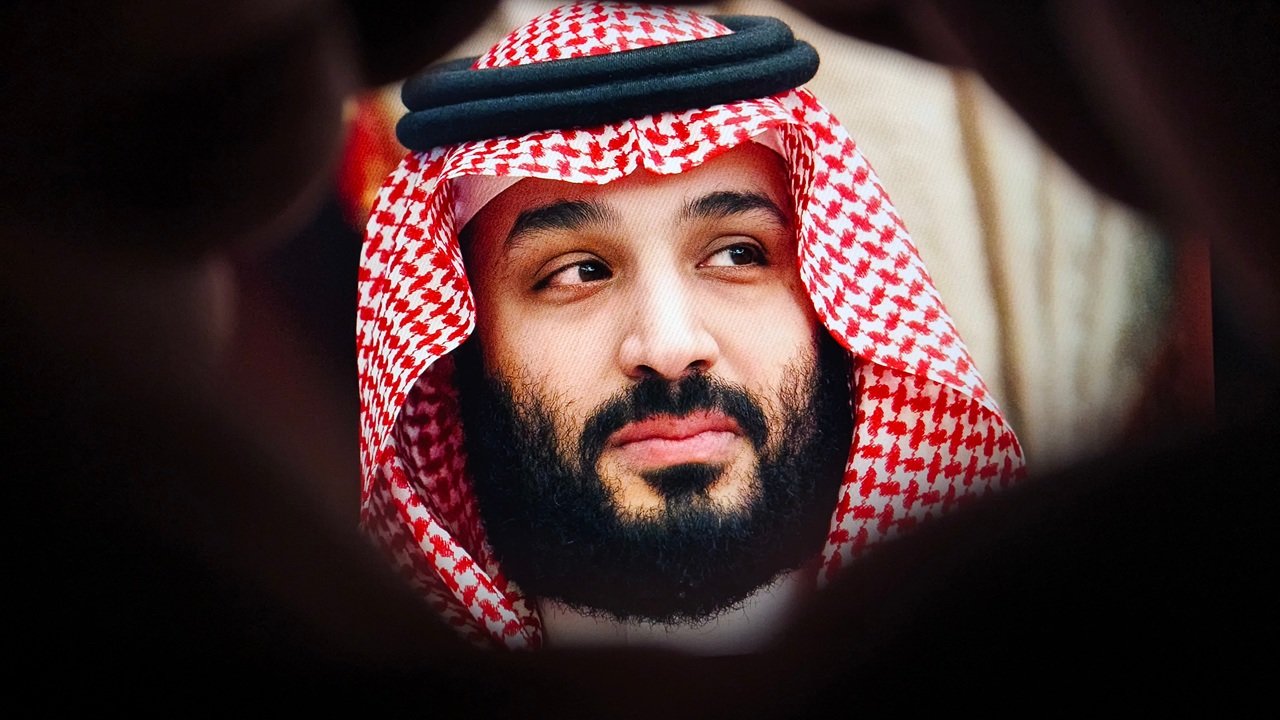
Saudi Arabia and Pakistan Sign Strategic Defence Pact That May Extend Nuclear Deterrence
Riyadh-Islamabad agreement pledges joint defence and raises questions over nuclear umbrella amid Middle East shift
Saudi Arabia and Pakistan have formalised a “Strategic Mutual Defence Agreement” that commits each nation to treat any aggression against one as an act against both, marking a striking escalation in Gulf security policy.
The pact, signed on 17 September 2025 by Saudi Crown Prince Mohammed bin Salman and Pakistani Prime Minister Shehbaz Sharif in Riyadh, signals a deepening Saudi-Pakistani alliance at a time of shifting regional alignments.
While the text stops short of explicitly transferring nuclear war-fighting assets, Pakistani Defence Minister Khawaja Mohammad Asif declared that Islamabad’s nuclear capabilities “will be made available” under the framework, a statement later partially walked back but still widely interpreted as extending Pakistan’s nuclear umbrella to Saudi Arabia.
Analysts suggest this marks a major strategic pivot by Riyadh as it hedges reliance on the United States and recalibrates its deterrence approach vis-à-vis Iran, Israel and other regional actors.
Saudi officials characterised the pact as “comprehensive” and encompassing “all defence measures deemed necessary depending on the specific threat”, underscoring ambiguity about the scope and signalling an elevated deterrence posture.
The timing follows an Israeli missile strike in Doha in early September and reflects Gulf states’ growing concern over their security guarantees from traditional Western partners.
From Pakistan’s perspective, the agreement formalises decades-old military cooperation, including deployment of Pakistani troops to Saudi Arabia and longstanding Saudi financial support of Pakistan’s defence infrastructure.
The move also enhances Islamabad’s strategic status beyond South Asia and reinforces Riyadh’s ambition to diversify its security dependencies and bolster its own deterrent capability without entering overtly into nuclear weapons production.
For Israel, India and the wider international community, the pact raises significant questions about regional nuclear architecture and proliferation risks.
While Pakistan maintains that its nuclear deterrent is targeted solely at its historic rival India, the new arrangement with Saudi Arabia may recalibrate strategic calculations across the Middle East and South Asia alike.
Although Saudi Arabia remains officially committed to non-proliferation norms, the pact reflects a broader shift: Riyadh is now positioning itself not merely as a defensive partner of Western powers but as a central actor with independent strategic alliances.
The agreement does not automatically alter existing nuclear treaties or weapons roles, but it signals a transformative moment in regional security dynamics.
The pact, signed on 17 September 2025 by Saudi Crown Prince Mohammed bin Salman and Pakistani Prime Minister Shehbaz Sharif in Riyadh, signals a deepening Saudi-Pakistani alliance at a time of shifting regional alignments.
While the text stops short of explicitly transferring nuclear war-fighting assets, Pakistani Defence Minister Khawaja Mohammad Asif declared that Islamabad’s nuclear capabilities “will be made available” under the framework, a statement later partially walked back but still widely interpreted as extending Pakistan’s nuclear umbrella to Saudi Arabia.
Analysts suggest this marks a major strategic pivot by Riyadh as it hedges reliance on the United States and recalibrates its deterrence approach vis-à-vis Iran, Israel and other regional actors.
Saudi officials characterised the pact as “comprehensive” and encompassing “all defence measures deemed necessary depending on the specific threat”, underscoring ambiguity about the scope and signalling an elevated deterrence posture.
The timing follows an Israeli missile strike in Doha in early September and reflects Gulf states’ growing concern over their security guarantees from traditional Western partners.
From Pakistan’s perspective, the agreement formalises decades-old military cooperation, including deployment of Pakistani troops to Saudi Arabia and longstanding Saudi financial support of Pakistan’s defence infrastructure.
The move also enhances Islamabad’s strategic status beyond South Asia and reinforces Riyadh’s ambition to diversify its security dependencies and bolster its own deterrent capability without entering overtly into nuclear weapons production.
For Israel, India and the wider international community, the pact raises significant questions about regional nuclear architecture and proliferation risks.
While Pakistan maintains that its nuclear deterrent is targeted solely at its historic rival India, the new arrangement with Saudi Arabia may recalibrate strategic calculations across the Middle East and South Asia alike.
Although Saudi Arabia remains officially committed to non-proliferation norms, the pact reflects a broader shift: Riyadh is now positioning itself not merely as a defensive partner of Western powers but as a central actor with independent strategic alliances.
The agreement does not automatically alter existing nuclear treaties or weapons roles, but it signals a transformative moment in regional security dynamics.